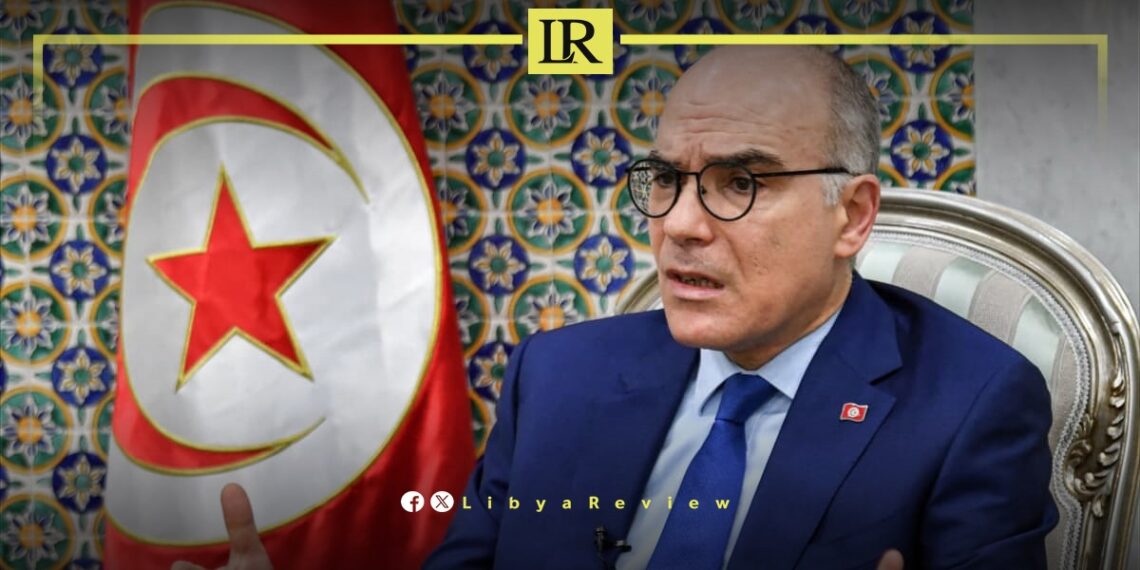Tunisia’s Foreign Minister Nabil Ammar has declared his country’s readiness to support a Libyan-Libyan dialogue. Ammar emphasised the interconnected security between Tunisia and Libya, stating, “What benefits Libya benefits us, and what harms it affects us.” His comments came during an interview with the Tunisian newspaper, Al-Sabah.
Ammar underscored Tunisia’s commitment to strengthening bilateral relations and supporting initiatives aimed at resolving the Libyan crisis. He highlighted Tunisia’s history of facilitating talks among Libyan factions to help them reach their own solutions without external interference.
He expressed confidence in the Libyans’ ability to overcome current challenges and achieve the necessary consensus to ensure the successful organisation of elections. Tunisia is fully prepared to support a Libyan dialogue that secures peace, stability, and the sovereignty of Libya, free from foreign intervention.
Addressing the recent disruptions at the Ras Ajdir border crossing, Ammar noted that the issues surpass Tunisian authority. He acknowledged the significance of the border for both countries and hoped for a resolution, stressing that Tunisia does not face any internal issues that would negatively impact Ras Ajdir.
Ammar also discussed the first consultative meeting between the Presidents of Algeria, Tunisia, and the Libyan Presidential Council. He emphasised that these trilateral meetings aim to enhance relations and cooperation through new strategic plans that promote development and partnership.
He clarified that the trilateral consultation mechanism with Algeria and Libya is not intended to replace the Arab Maghreb Union. Instead, it aims to boost mutual cooperation and coordination on security challenges and cross-border crime.
Ammar reaffirmed that these consultations seek to establish respectful relations with other countries and regional bodies, without interfering in internal affairs. The mechanism remains open to sincere political efforts that share the same priorities for constructive collaboration, steering clear of partisan policies and foreign interventions.
Lastly, Ammar stressed that the consultation mechanism does not serve as an alternative to the Arab Maghreb Union, which remains a strategic choice and a civilisational asset. Tunisia, along with other member states, continues to strive for its realisation despite existing challenges.
The new Secretary-General of the Arab Maghreb Union, Tarek Bin Salem, has begun his duties, succeeding diplomat Taieb Baccouche, who had a contentious relationship with Algeria.


